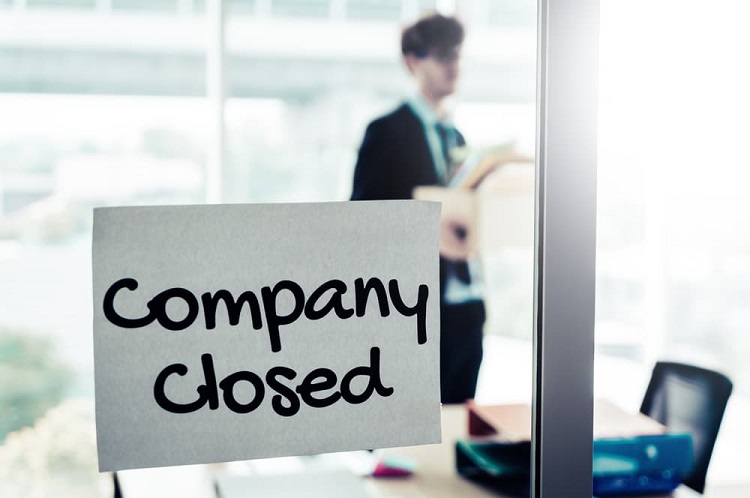Starting an Airbnb business in the UK can be a great way to generate extra income or even build a full-time venture. You don’t need to own multiple properties or be a professional landlord. Plenty of people get started with just a spare room, a second flat, or even a well-kept shed in the garden. The key is doing it properly from day one, especially with the UK’s regulations and tax rules.
1. Work Out if It’s Right for You
Before getting into the practical side of things, take a moment to think about whether running an Airbnb fits your lifestyle. Hosting isn’t just about handing over keys. You’ll deal with messaging guests, cleaning up, keeping on top of supplies, and possibly managing unexpected issues late at night.
If you live on-site or nearby, it’s easier to handle problems quickly. But if you’re planning to manage a place remotely, you’ll either need someone local to help or be ready to pay for management services.
2. Check If You’re Allowed to Host
This part trips up more people than you’d expect. Not every property is automatically cleared for short-term letting. Here are a few things to check:
Lease or Freehold?
If you’re renting, your tenancy agreement might ban subletting or short-term lets. You’ll need permission from your landlord. If you own a leasehold flat, the lease might have restrictions too. Best to check that small print.
Local Authority Rules
Some councils in the UK have started placing limits on short-term rentals, especially in areas with housing shortages. In London, for example, there’s a 90-night annual limit for entire home listings unless you’ve got planning permission.
Mortgage and Insurance
If you’ve got a mortgage, your lender might not allow short-term letting, or they might require you to get specific consent. Standard home insurance won’t usually cover you for Airbnb hosting either, so speak to your provider and consider a specialist policy.
3. Set Up the Business Side
If you’re making money from hosting, HMRC will want to know about it.
Registering as a Business
You don’t have to set up a limited company, especially if it’s just a side hustle. You can operate as a sole trader and declare earnings through self-assessment. If your profits go above a certain amount, though, it’s worth speaking to an accountant about the best structure.
Taxes
Airbnb income counts as taxable income. You might qualify for the Rent a Room Scheme if you’re letting out a furnished room in your home, which allows you to earn up to £7,500 tax-free each year. But that won’t apply if you’re renting out an entire property that isn’t your main home.
Keep track of all your income and expenses, because they’ll come in handy at tax time.
4. Prepare the Property
You don’t need to spend thousands, but guests will expect a certain level of comfort. Here’s what to think about:
Clean and Simple
A clean, clutter-free space goes a long way. Remove personal items, keep decor neutral, and make sure it smells fresh. Guests don’t need your family photo albums staring at them.
Furniture and Basics
You’ll need a comfortable bed, decent bedding, towels, storage space, and basic kitchen equipment. A smart TV and WiFi are also standard expectations now.
Safety Requirements
You must follow safety laws, which vary slightly depending on your setup. At a minimum, you’ll need:
- Smoke alarms on every floor
- A carbon monoxide alarm if there’s a solid fuel appliance
- Fire safety info for guests
- Gas safety certificate (if you’ve got gas appliances)
If you’re letting out more than one room or listing a property as a guesthouse, you might need to meet more requirements. It’s worth checking with your local council.
5. Create a Strong Listing
This is where a lot of first-time hosts go wrong. A great listing isn’t just about pretty photos, though those help.
Photos Matter
Use a decent camera or pay a professional. Good lighting, clean spaces, and wide angles make a difference. Think about what makes your place stand out and try to show that visually.
Write a Honest but Appealing Description
Be clear and friendly. Mention what’s nearby (cafés, transport links, parks), how many guests you can accommodate, and any rules (no parties, pets, etc). Don’t oversell it, though. It’s better for guests to be pleasantly surprised than disappointed.
Set the Right Price
Look at similar properties in your area. Pricing too high won’t get you bookings, but pricing too low can bring in the wrong crowd and hurt your margins. Airbnb has a pricing tool, but also try comparing with listings in incognito mode.
6. Manage Guests and Reviews
Once your listing is live, the real hosting begins.
Communication
Quick replies make a big difference. Most guests want confirmation, clear instructions, and maybe a tip on where to grab dinner. Set up auto-messages for check-in details to save time.
Cleaning and Turnover
You’ll need a reliable system between bookings. If you’re not doing it yourself, find a trustworthy cleaner who understands short lets. A missed spot or stained towel can lead to bad reviews.
Reviews
Guests will leave reviews, and you should too. Honest, polite feedback builds your reputation. A few bad ones aren’t the end of the world, but too many will hurt your chances of getting bookings.
7. Consider Scaling Up
Once you’ve got a feel for hosting and you’re getting steady bookings, you might want to grow.
Some people start managing multiple properties either their own or on behalf of others. This becomes more like a full-on business and involves more admin, but it can be rewarding. Just be sure to keep track of local rules, especially if you’re expanding in cities like Edinburgh, where stricter rules apply.



